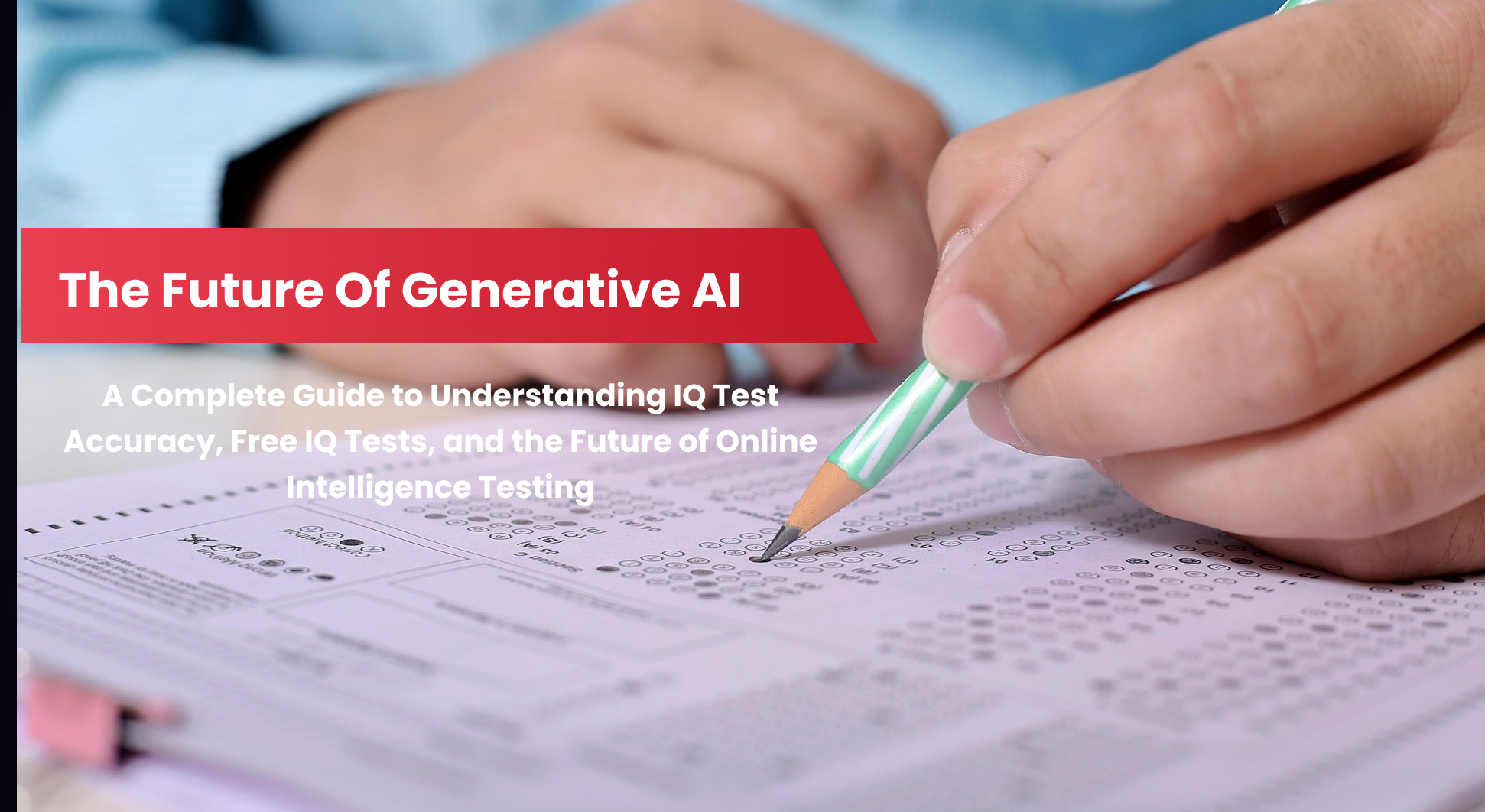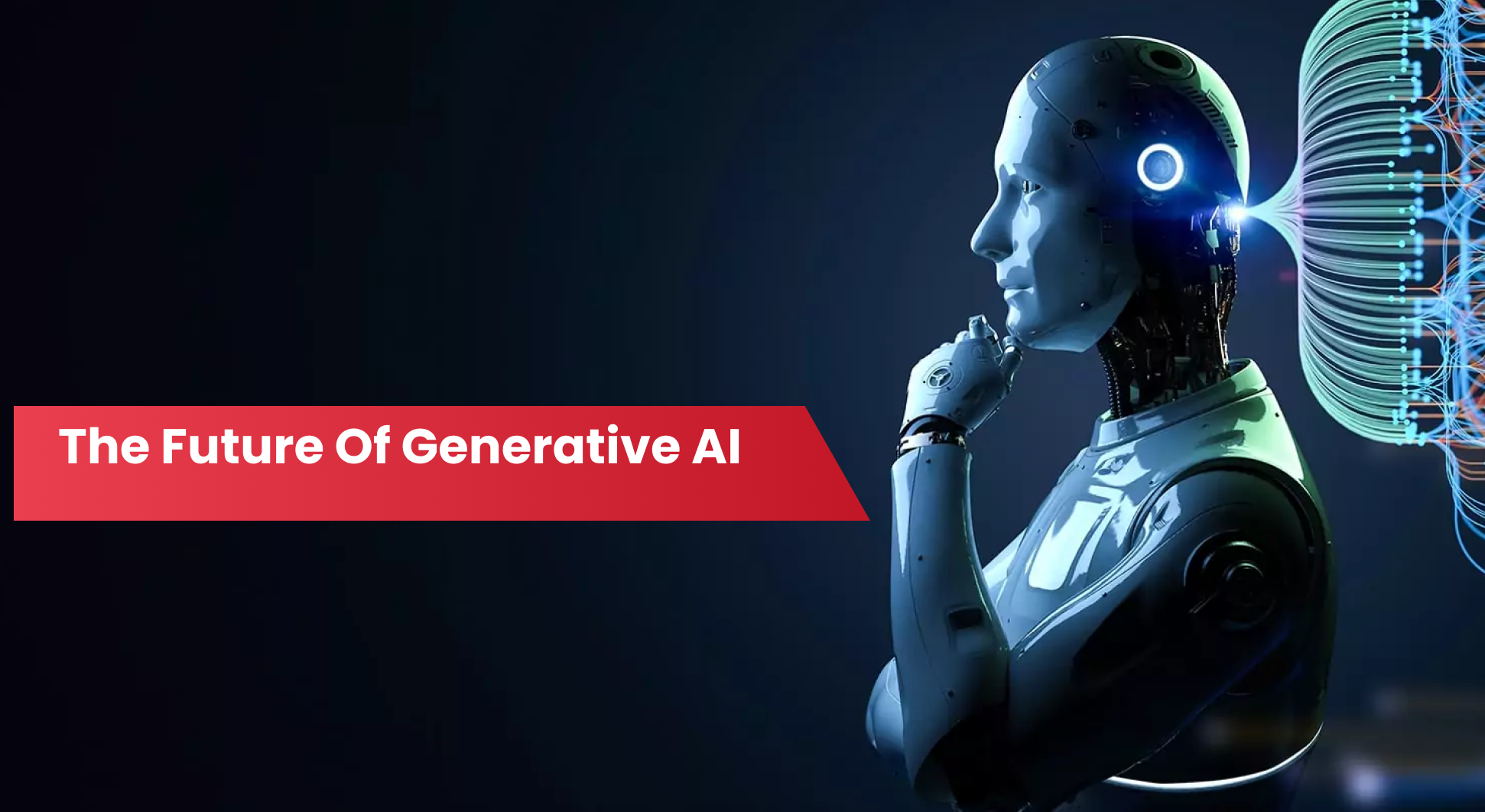Python has become one of the most popular programming languages worldwide, and for good reason.
If you’ve ever asked yourself, why learn Python or why should I learn Python, you’re not alone.
As industries increasingly adopt Python for a range of applications—from web development to artificial intelligence (AI)—its importance in today’s tech-driven world cannot be overstated.
This article will tell you why learn Python and how it can boost your career in Tech, AI, and beyond.
We will also explore its ease of use, and the career opportunities it unlocks, answering questions like why Python is important and what is Python best for.
Key Takeaways - Why Learn Python?
- Understand the significance of Python and why it is a must-learn programming language today.
- Discover how Python’s beginner-friendly syntax and supportive community make it easy to start coding.
- Learn how Python opens doors to careers in tech, AI, data science, web development, and more.
- Explore Python’s wide range of applications, from automation to game development.
- Recognize Python’s role as a highly sought-after skill in the tech job market.
- Understand why Python is the preferred language for cutting-edge AI and ML projects.
- Learn how Python simplifies data analysis and visualization with powerful libraries.
- See why learning Python ensures relevance in the ever-evolving tech landscape.
What Makes Python Stand Out?

Python is a versatile, high-level programming language that emphasizes readability and simplicity. Developed in the late 1980s, the importance of Python is realized with time as it has grown to become a cornerstone of modern tech.
Its syntax is designed to be intuitive, making it an excellent choice for beginners while still being powerful enough for experienced developers.
Today, Python has around 51% market share in the list of most used programming languages among developers worldwide as of 2024 according to Statista.
But why is Python easy to learn? It’s because Python avoids complex structures and focuses on clear, concise code, allowing learners to concentrate on solving problems rather than struggling with syntax.
10 Reasons to Learn Python
1. Wide Range of Applications

Python is used in various fields, including web development, data science, AI, machine learning (ML), game development, and automation. Its flexibility means you can pivot between different career paths without learning a new language. This adaptability answers the question, why is Python important?
2. Ease of Learning

For those wondering, is Python good to learn? The answer is a resounding yes! Its beginner-friendly nature, combined with extensive documentation and a supportive community, makes Python one of the easiest programming languages to pick up.
3. High Demand in the Job Market

The demand for Python developers has skyrocketed. Whether you aim to become a data analyst, AI engineer, or web developer, learning Python equips you with skills sought after by employers across industries.
4. Supportive Community and Resources

Python boasts one of the largest and most active developer communities. With countless forums, tutorials, and courses available, you’ll never feel stuck. This vibrant ecosystem is another compelling reason to learn Python.
5. Integration and Versatility

Python integrates seamlessly with other languages like C, C++, and Java. Its libraries and frameworks (e.g., TensorFlow, Django, Flask) make it an indispensable tool for developers, answering the question, what is Python best for?
6. Ideal for AI and Machine Learning

AI and ML are at the forefront of technological advancement, and Python is the go-to language for these domains. Libraries like PyTorch, Keras, and Scikit-learn simplify complex computations, making it easier to develop intelligent systems. FastLearner, an AI-powered learning platform also offers top courses so you can master AI and machine learning with Python.
7. Automation of Repetitive Tasks

Python’s scripting capabilities allow you to automate mundane tasks, boosting productivity. Whether you’re managing files or scraping web data, Python can handle it effortlessly.
8. Excellent for Data Science

Data is the new oil, and Python is a leading tool for extracting insights. Libraries like Pandas, NumPy, and Matplotlib make it easy to analyze and visualize data.
9. High Salary Potential

Python integrates seamlessly with other languages like C, C++, and Java. Its libraries and frameworks (e.g., TensorFlow, Django, Flask) make it an indispensable tool for developers, answering the question, what is Python best for?
10. Future-Proof Your Career

Python integrates seamlessly with other languages like C, C++, and Java. Its libraries and frameworks (e.g., TensorFlow, Django, Flask) make it an indispensable tool for developers, answering the question, what is Python best for?
The Importance of Python in Emerging Technologies

As AI, ML, and data science continue to dominate the tech world, Python’s role has become even more critical. Its simplicity and robust libraries make it an ideal choice for developing cutting-edge solutions. For example, Python’s Scikit-learn library is extensively used for predictive modeling, while TensorFlow powers AI systems capable of transforming industries.
Why Is Python Easy to Learn?
Python’s ease of use lies in its straightforward syntax, which resembles plain English. This design choice lowers the barrier to entry for newcomers and accelerates the learning curve. Additionally, Python’s interactive shell allows users to test code snippets in real-time, fostering a hands-on learning experience.
How to Start Learning Python
What Is Python Best For?

Python excels in fields that require scalability and rapid development. It’s widely used for:
- Web Development: Frameworks like Django and Flask simplify the creation of dynamic websites.
- Data Analysis: Python’s libraries facilitate everything from data cleaning to visualization.
- Artificial Intelligence: As mentioned earlier, Python is indispensable for AI and ML applications.
- Scripting and Automation: Automate repetitive tasks efficiently.
- Game Development: Libraries like Pygame enable game creation for both beginners and professionals.
Final Thoughts: Why Learn Python?
The benefits of learning Python are undeniable. From its ease of use to its vast applications, Python offers something for everyone.
So, Why Learn Python? How It Can Boost Your Career in Tech, AI, and Beyond?
Whether you’re starting your tech journey or looking to advance in AI and beyond, Python is a skill worth acquiring.
Its versatility, coupled with high demand in the job market, ensures that learning Python will not only enhance your career prospects but also future-proof your skill set.
So, why wait? Begin your Python journey today and unlock a world of opportunities.
FAQs About Why Learn Python
How does Python help artificial intelligence?
Python supports artificial intelligence development with powerful libraries like TensorFlow, Keras, and PyTorch, enabling efficient data handling and model building. Its simplicity and versatility make it a key language for AI tasks such as machine learning and natural language processing.
Why is Python the best for AI?
Python is the best for AI due to its easy-to-read syntax, extensive libraries, and strong community support. Tools like Scikit-learn and NumPy make AI development faster and more accessible, highlighting the importance of Python in the AI field.
How will developing your Python skills help you in your career now?
Developing Python skills opens doors to high-demand tech roles in fields like web development, data analysis, AI, and more.
Are Python skills essential to advanced AI development?
Yes, Python is the primary language for AI development due to its robust libraries, ease of use, and strong community support.



